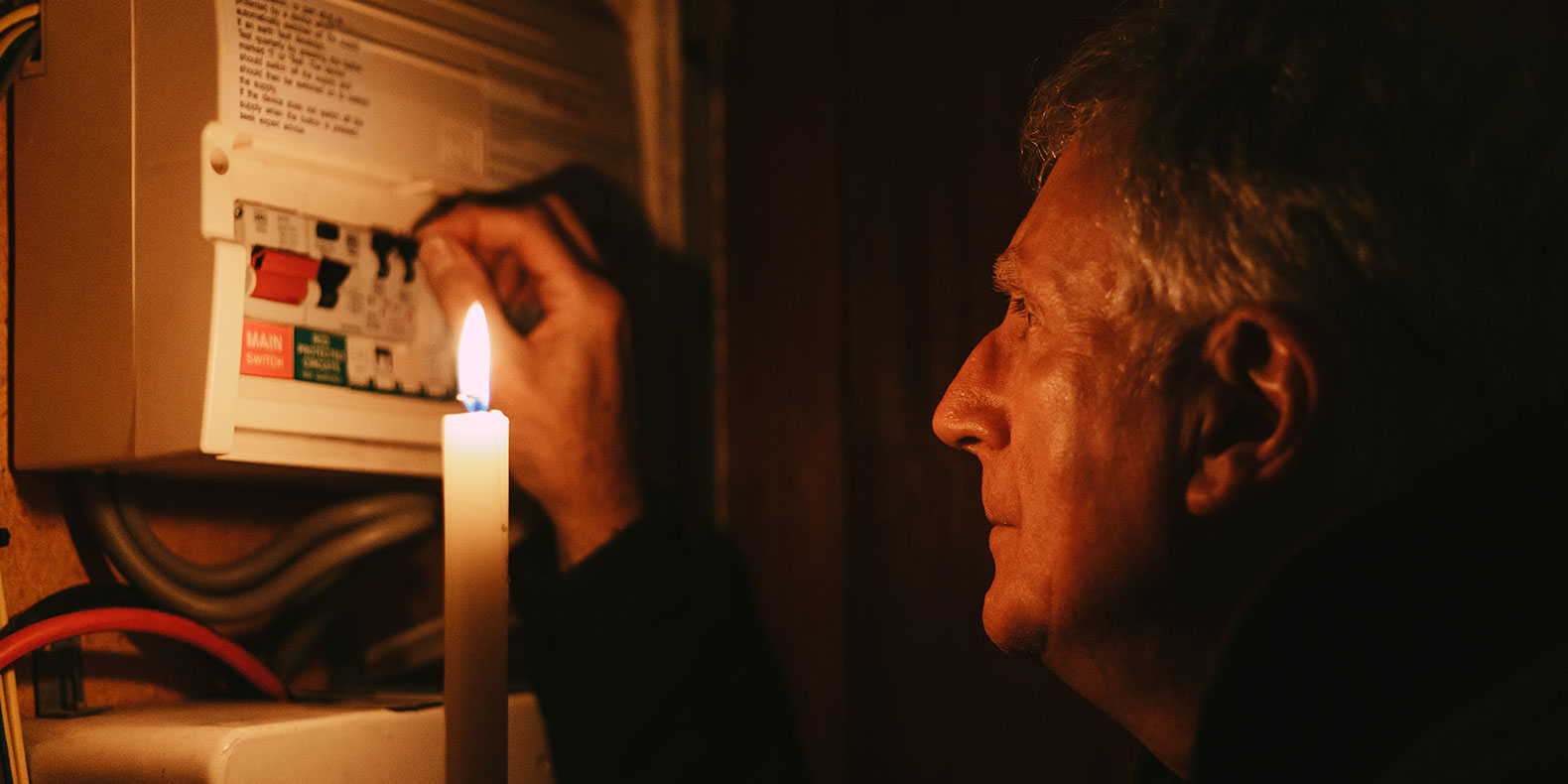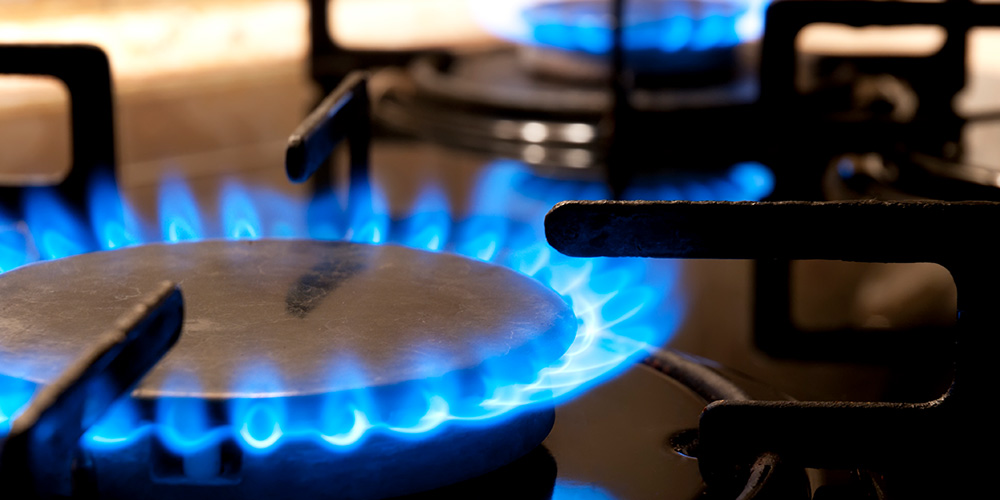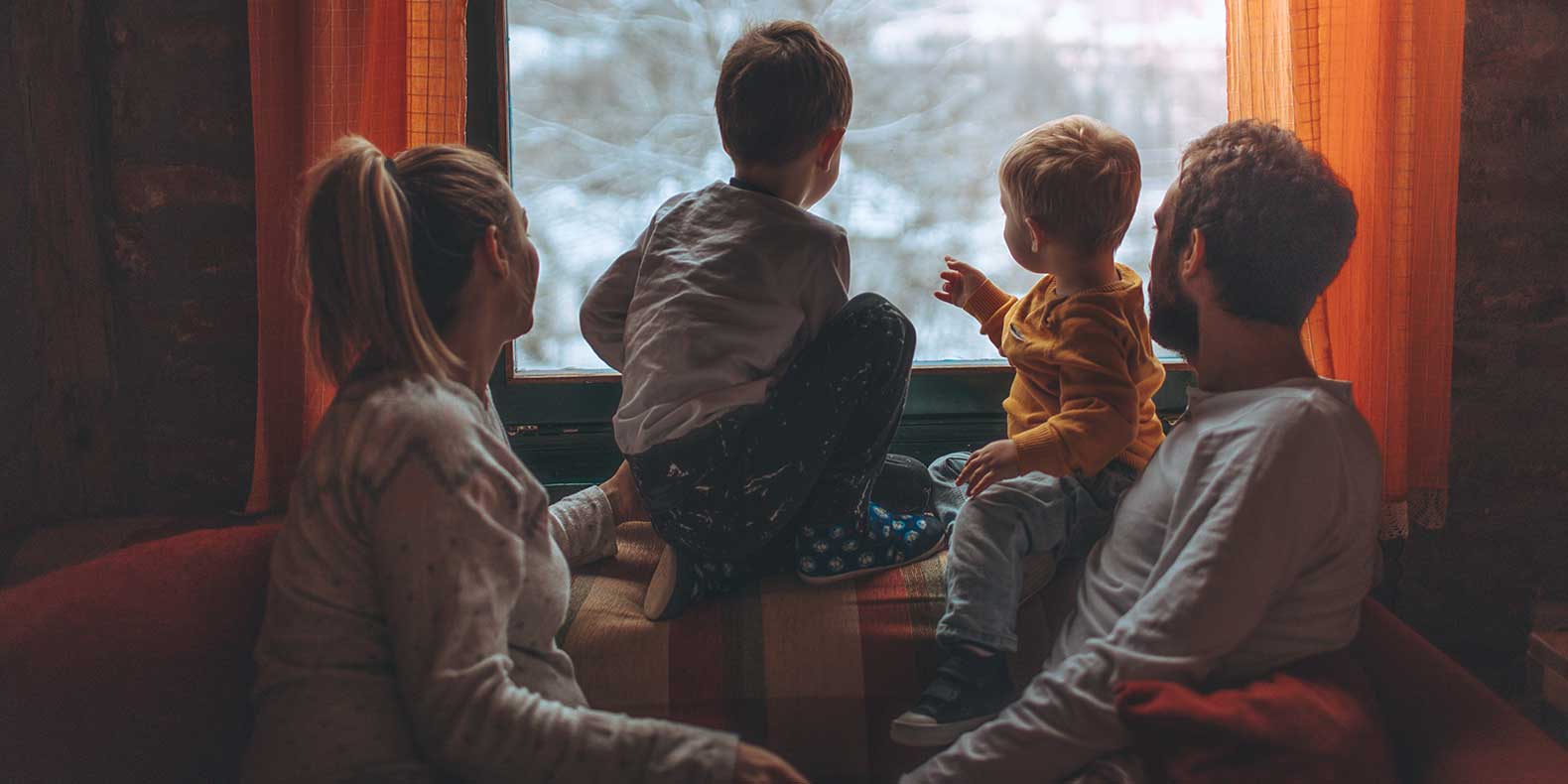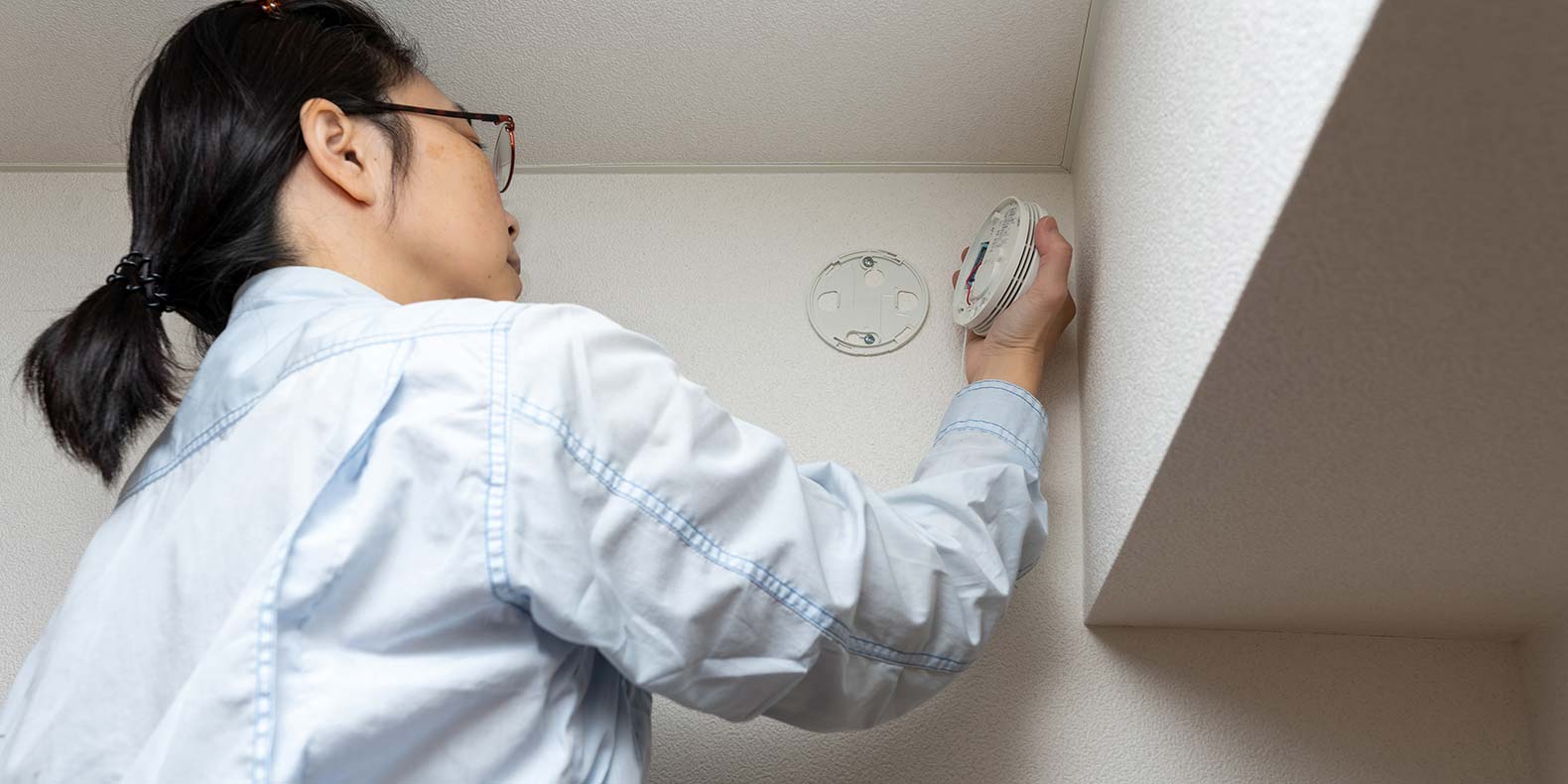We use carbon monoxide (CO) gas in our homes every day. When burned properly, the gas is safe and useful for heating and cooking. However, you should never ignore its dangers if you suspect a leak. But what causes carbon monoxide in a house and what can you do to protect yourself? Continue reading to learn more.
What Causes Carbon Monoxide in a House?
Carbon monoxide is a synthetic gas used by fuel-burning appliances, so understanding how and where a leak can occur is something all homeowners must know. The most likely culprits for a CO leak include the following:
- Gas oven
- Fireplace
- Furnace, boiler, or space heater
- Motor vehicle (i.e. car, truck, motorcycle, etc.)
- Power tools or lawn equipment
- Generators
- Grills or wooden stoves
If you ever suspect a gas leak, turn off the gas to these appliances immediately. It’s always better to call a professional to have them examine your property than to try and fix the issue yourself. But don’t wait because the effects of a CO gas leak can be deadly.
What Does Carbon Monoxide Smell Like?
The telltale sign of a CO leak in your home is the off-putting smell of gas. Many people describe the smell of CO as “rotten eggs.” However, CO is a colorless and odorless gas. So, what you’re smelling is sulfur being released whenever there is a leak.
However, some gas leaks can be minor and accumulate over time, so you shouldn’t rely on your sense of smell alone. Here are a few other ways you can tell if there’s a CO leak in your home:
- Yellow or brown stains forming around ovens, boilers, heaters, etc.
- Gas ovens or stoves not working properly, such as taking longer to cook food.
- A dim or blown out pilot light.
- Pets becoming sick.
- Symptoms such as headaches, nausea, chest pains, shortness or breathe, or confusion. If these symptoms resolve when you step outside, that’s a strong indicator that there’s a gas leak.
- These symptoms appear or get worse whenever you use fuel-burning appliances inside the home.
A CO leak can be deadly. If you ever suspect there’s a gas leak, leave your home immediately and call your local gas provider and have them shut off the gas connection. Also, remember to NOT light any fires or matches. CO is a highly flammable gas, which can result in catastrophic damage.
Do not re-enter the home until the gas company resolves the issue. Because we tend to use more gas during the wintertime to heat our homes, leaks are more likely to occur during the cold seasons. If that’s the case, you may want to stay at a nearby hotel, or at a friend or family member’s home in the meantime.
What You Can Do to Protect Yourself from a Carbon Monoxide Leak
Don’t rely on your instincts and senses alone. Carbon monoxide detectors are effective at detecting unsafe levels of CO in the air. Place them in key areas around your home, such as the kitchen, bedrooms, and garage to ensure maximum protection. They provide 24/7 CO monitoring, so you can be confident about you and your family’s safety.
Don’t underestimate the danger of a CO gas leak. Vector Security ensures your family is protected from gas leaks, fire outbreaks, break-ins, and more. If you would like to learn more about how our team is helping families better protect their home, feel free to contact us today.



